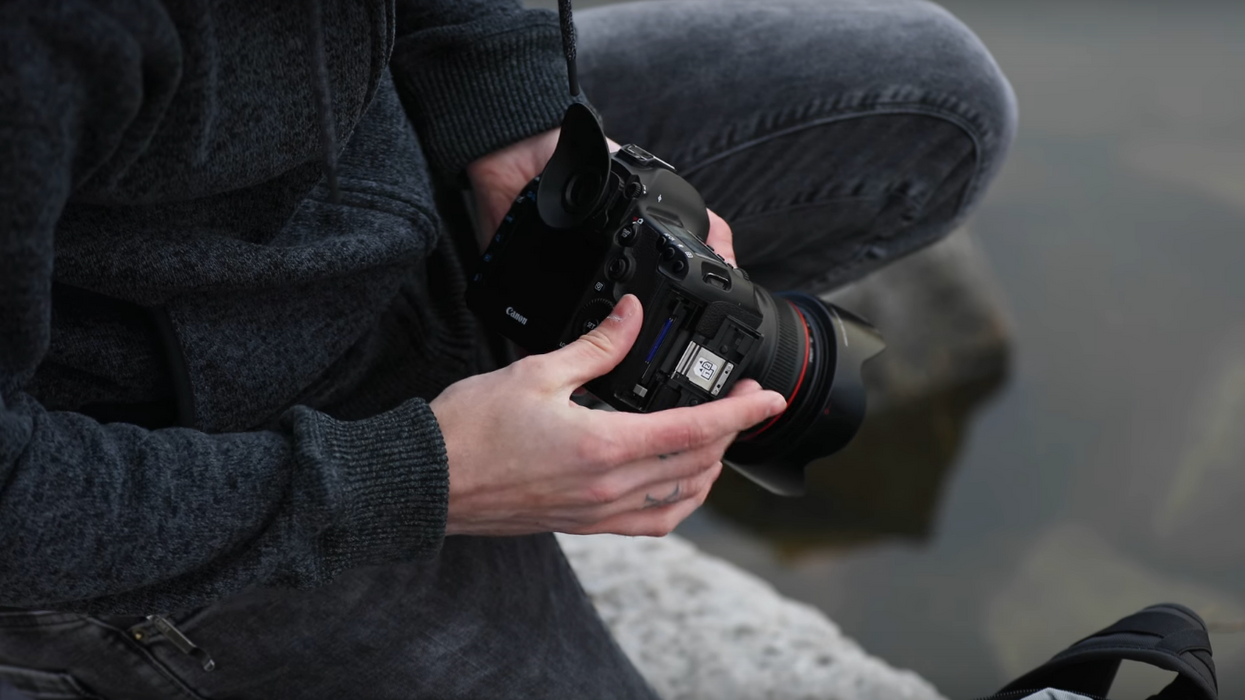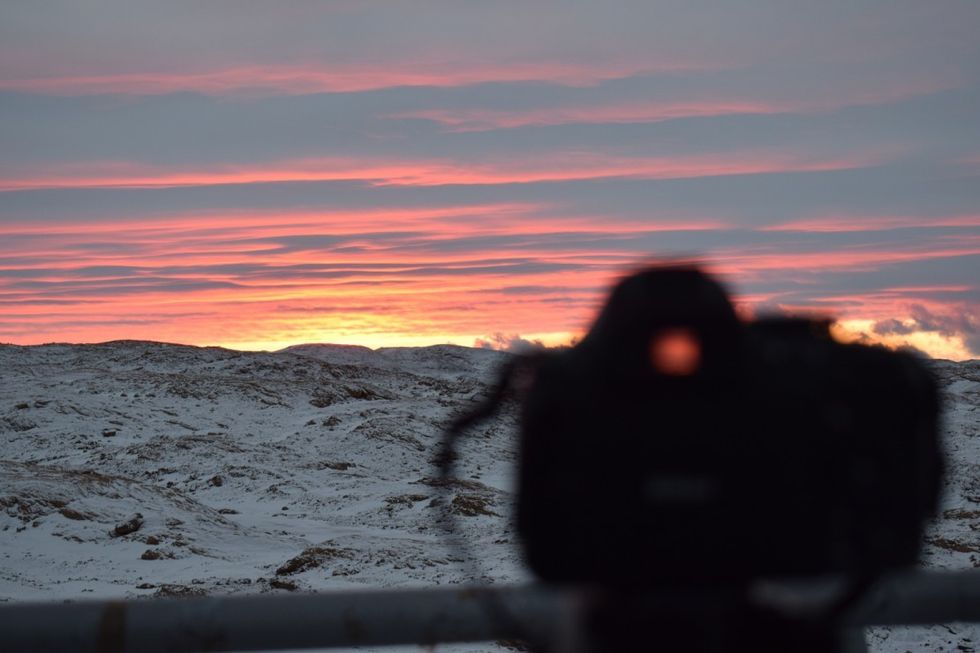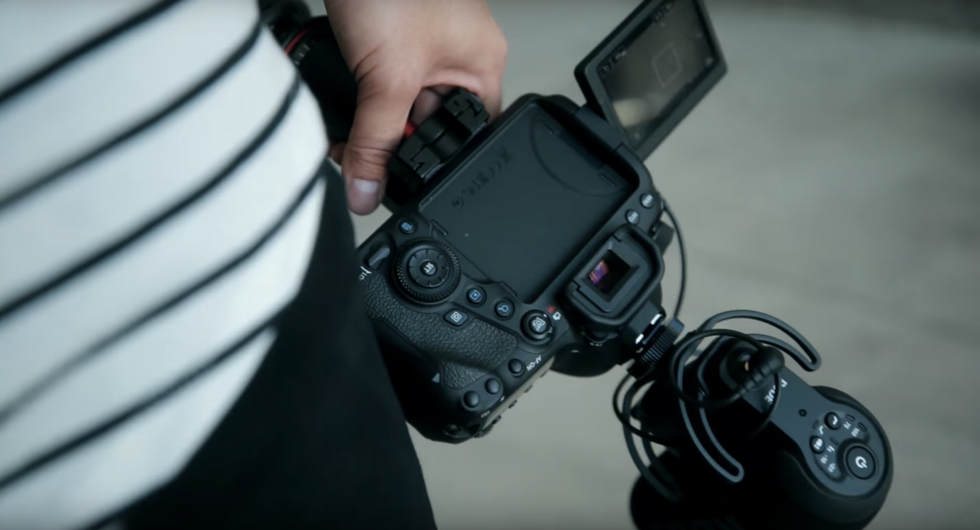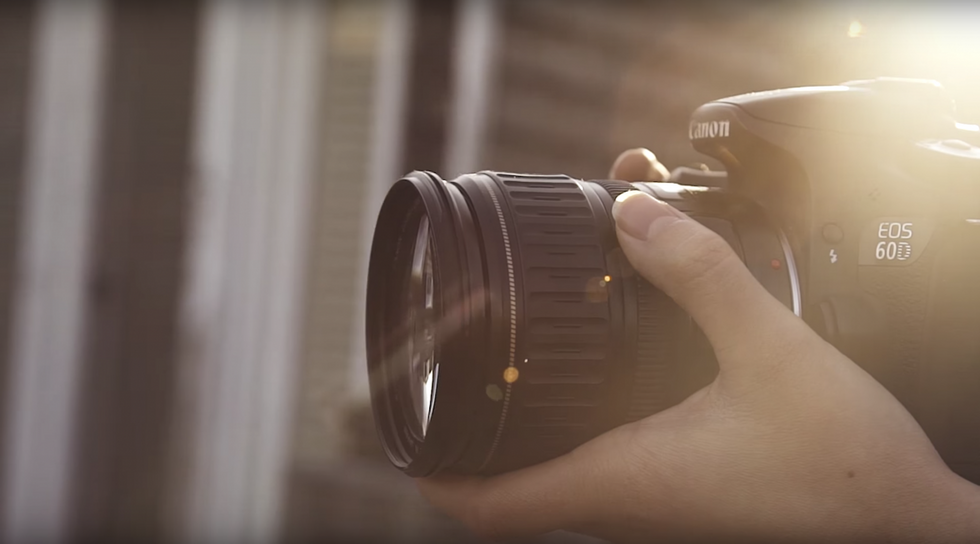7 Tips for Staying Creative and Consistent as a Filmmaker
How this world-renowned lens-based artist stays on track creatively – even when life gets in the way.

As filmmakers and creative professionals, it’s not always easy to make time for personal projects. Work, travel, and life can so often pull our attention in so many directions that it can be challenging to maintain focus on the creative efforts we’ve promised ourselves we’d prioritize. I’m a drone operator living in New Jersey and creating fresh content on a consistent basis can be especially challenging because weather and seasonality determine how many days I can be out there shooting.
So recently while listening to an episode of the This Week in Photo (TWiP) podcast where Julieanne Kost, self-dubbed “lens-based artist”, author, trainer, and Adobe evangelist was talking about how challenging it can be even for her to prioritize time for personal creative projects it gave me hope. Kost proceeded to describe some techniques she deploys to keep her consistently creative and accountable to herself and it seemed like just the type of thing that any creative professional could benefit from –– especially filmmakers.
So without further prologue, below are some practices that Julieann Kost recommends to help busy creative professionals carve out time for creative growth on a consistent basis.
Weave Creativity into Daily Life
Kost recommends is to find ways to weave creativity into your daily life. Find time and space in your daily schedule to integrate creative practice. For Kost, this has taken the form of doing small bodies of work that coincide with her work and travel schedules. She has done projects consisting of photos taken through plane windows on her work trips during a time when she was traveling frequently.
Work Backward
Both an organizational tip, and a method for improving your work, Kost suggests working backward starting with your desired end result and deconstructing it so that you can focus on the component parts. One example she gives is when she asked herself, “Why do I take better images in some locations than others?”. As it turned out there were characteristics about the color pallet in those locales that were particularly appealing to her. By starting with a finished result (photos that she took and liked) Kost was able to work backward to identify an aspect of those photos that made them particularly successful –– color. She could then focus on color relationships as inspiration for a personal project. This established parameters that she applied to a period of deliberate practice, focused on color relationships, that evolved into its own body of work.
Set Parameters
Setting parameters helps to narrow the scope of your creative endeavor and can help with what Kost calls “project creep”. Even if the only parameter you set is a deadline, it can help you stay focused and accountable which brings us to her next point.
Tell a Friend
Kost says that communicating your intentions about your project and deadline with friends, colleagues, and other people in your daily life can help you stay on track because, from time-to-time, those people will ask you about your project which will create accountability. For many of us, just being accountable can be extremely helpful for staying on-task.
Track Your Progress
As a photographer, Kost works in Adobe Lightroom and uses color-coding and collections to create visual representations of her progress. She groups finished photos into collections and color codes them so that she can track her progress at a glance. Obviously as filmmakers, Lightroom color-coded collections might not be your method but if you can transpose Kost’s idea of creating a visually communicative way of tracking your projects and finished pieces, it can be extremely helpful and encouraging to be able to see all of your completed work quickly.
Multi-Task
Kost encourages us to have multiple, simultaneous projects in order to create consistently. You might have external circumstances that prevent you from being able to work on a particular project. Or, you might find as you’re working on one project that you need to take a step back and focus on a smaller step of that project or hone a particular skill before you can continue. Having multiple projects going at the same time means that you can continue forward progress on one even if obstacles get in the way of another.
Remember: You're Never Done Learning
Conclusions
While it can be tough to carve out time for our own creative projects and for deliberate practice, employing techniques like the ones above can help us stay productive, focused, and creative. If you want to learn more from Julieanne Kost, check out her blog at and follow her professional work here.
Source: This Week in Photo




 Susanavia Sundance Institute
Susanavia Sundance Institute Susanavia Sundance Institute
Susanavia Sundance Institute Susanavia Sundance Institute
Susanavia Sundance Institute









